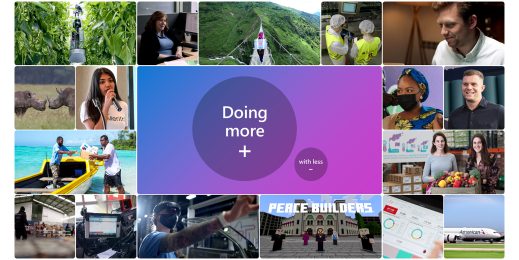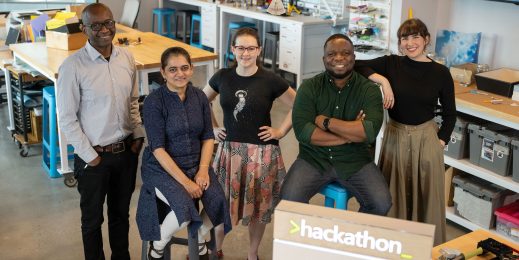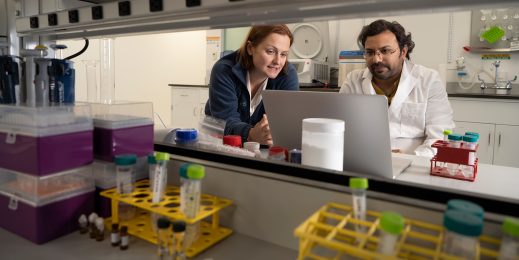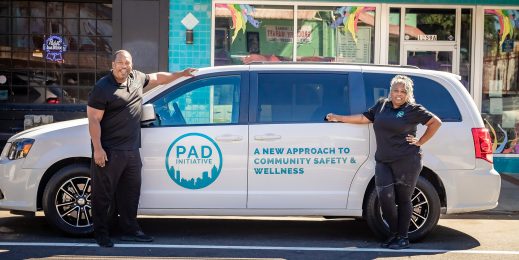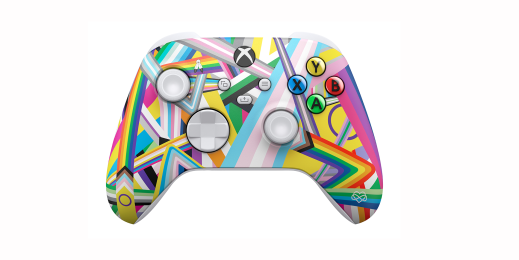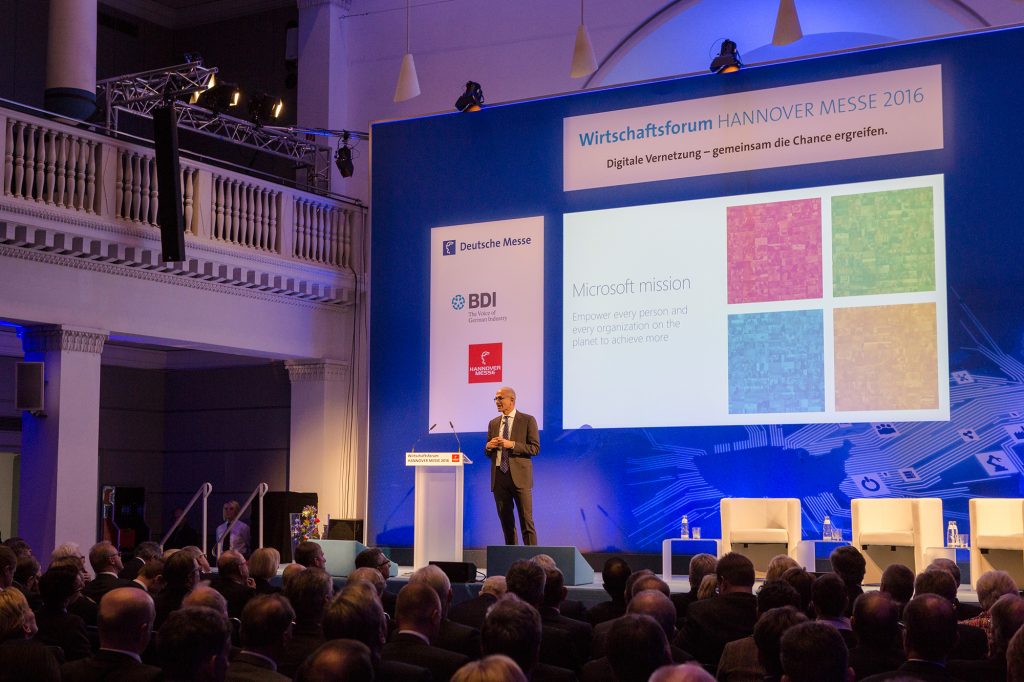
Satya Nadella: How digital transformation is changing the face of manufacturing
A digital transformation is remaking companies and their factories, bringing the intersection of manufacturing and technology even closer, Microsoft CEO Satya Nadella said Sunday in his keynote address at Hannover Messe 2016, the world’s largest industrial technology fair, in Germany.
Enabling that transformation are systems of intelligence that help companies gain insight and take action from big data, optimize their operations and change the very nature of the business models around their industrial products, Nadella said.
Among the companies that are doing so using Microsoft products are Siemens, Liebherr, Jabil, Rolls-Royce and Japan Airlines.
For example, Siemens Healthcare, together with Microsoft, built a healthcare cloud platform for doctors, radiologists and patients so they can collaborate on connected information, such as diagnostic data from imaging devices, and transform how health care is delivered.
Liebherr is using intelligence to predict a potential breakdown of commercial refrigerators and freezers, with service tickets generated automatically so the problem is fixed immediately, crucial for maintaining proper storage.
At Jabil, predictive analytics are being used on assembly floor equipment to discover errors and failures before they happen. “So that means even if there is a mistake made in the first step” of production, “they’re able to connect back to the cloud, use machine learning, detect that mistake and correct it before it goes all the way to the end of the production line,” Nadella said. In addition, “it’s a continuous learning system. So that means every operation and every run, you are becoming better and better. The system of intelligence is not a static thing, but it’s a continuously improving digital feedback loop that many, many people can benefit from.”
At Rolls-Royce, advanced analytics and the cloud being used to help commercial jet engines improve aircraft efficiency, drive up aircraft availability and reduce engine maintenance costs. And Japan Airlines is using Microsoft HoloLens to improve airplane maintenance training methods.
These systems of intelligence don’t work in isolation. The bringing together of IT and OT – the convergence of information technology and operations technology – “is pervasive,” he said.
“It changes how you will engage with your customers, how you in fact empower your own employees inside every one of your organizations to be able to gain insight from big data, take action from big data, and to optimize your operations and change the very nature of the business models around your industrial products.”
Because companies are part of a global economy and global society, they need to aspire to consider all the constituents they serve, from citizens to organizations, as well as the broader economy, “and really look to how we’re making the environment more sustainable, the economy more viable and people more skilled at the jobs of the future.”
A video about Microsoft HoloLens, shared during the keynote, ended by saying, “When you change the way you see the world, you change the world you see.” It’s something Nadella says is “fundamental to how this new paradigm can, perhaps, have an impact in all industries and in all walks of life.”





